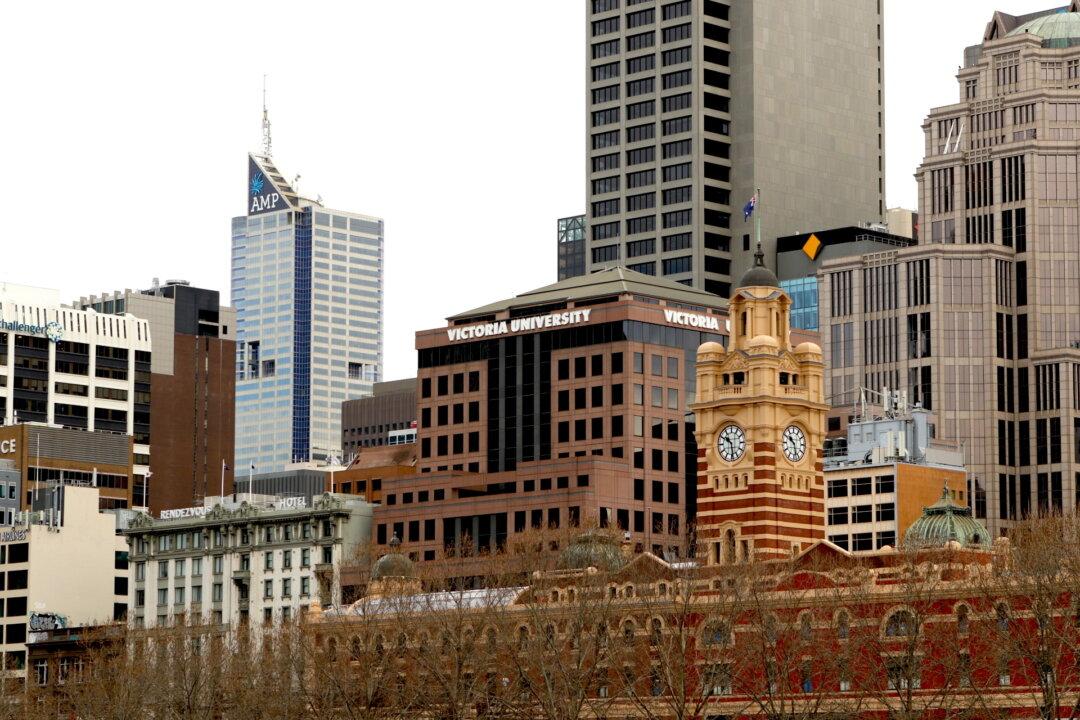Controversy surrounding Victoria University’s cancellation of a fully-paid event booking has pushed the issue of Chinese Communist Party (CCP) influence in the Australian education system back into the spotlight.
The university claimed they had to cancel a Sept. 21 event for the screening of a documentary exposé on China’s Confucius Institutes because they accidentally “double booked” the lecture theatre and that all other theatres had been fully booked—a claim that has since been disproven. Victoria University (VU) plays host to one of these CCP-funded Confucius Institutes (CIs).




